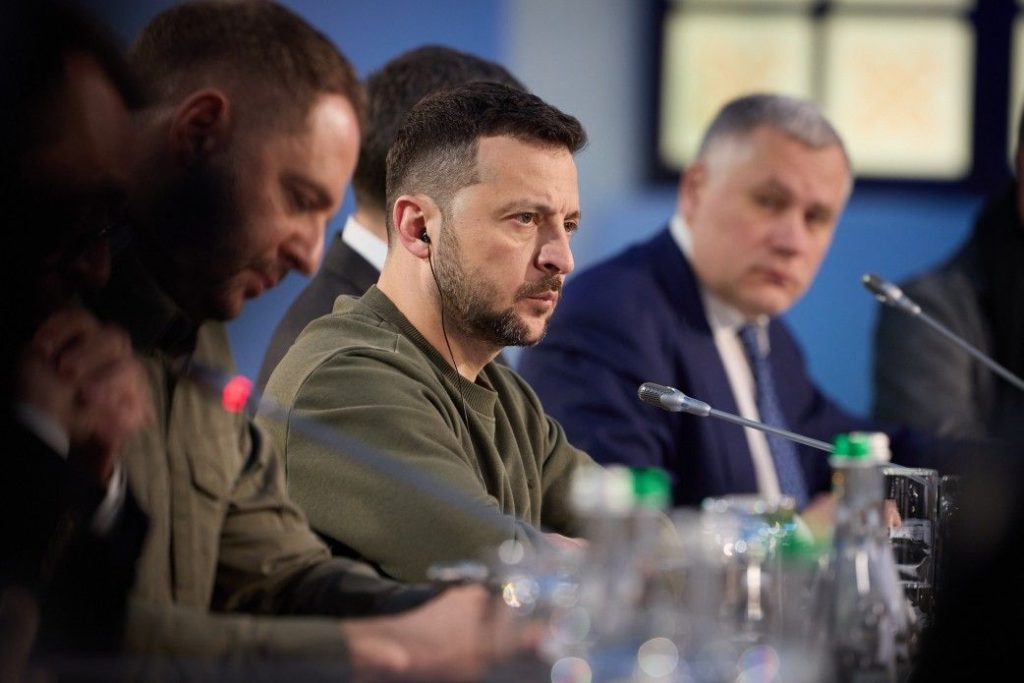The Security Service of Ukraine revealed on May 7 that it had uncovered a network of Russia’s Federal Security Service (FSB) agents planning to assassinate President Volodymyr Zelensky and other high-ranking Ukrainian officials. Two Ukrainian colonels were detained for allegedly leaking classified information to Russia. The planned attack aimed to find perpetrators close to Zelensky’s security who could take him hostage and then kill him. The attack was coordinated by FSB agents and was supposed to be a gift to Russian President Vladimir Putin for his inauguration but was ultimately foiled.
President Zelensky’s term in office was supposed to end in May 2024 but due to the ongoing war with Russia, the elections have been delayed, leading to an indefinite extension of his term. The Ukrainian President’s Office is facing criticism over the legitimacy of his continued mandate. In response to the growing threat from Russia, the Ukrainian government supported a proposal to create a separate armed forces branch dedicated to unmanned systems. This move is seen as a strategic step to enhance Ukraine’s military capabilities in the face of Russian aggression.
Ukraine’s military intelligence is constantly developing new ways to sink Russian ships in the seas around occupied Crimea. The operators of the agency’s sea drones have been successful in destroying several Russian vessels, despite Russia’s efforts to counter these attacks. The use of drones has become crucial on Ukrainian battlefields for reconnaissance, airstrikes, naval strikes, and guiding artillery. Ukraine is ramping up production and training in drone warfare to maintain an edge over Russian forces.
In a recent operation, Ukrainian military intelligence destroyed a Russian fast attack craft off the coast of occupied Crimea, demonstrating the efficiency of their sea drones. Russian strikes on the city of Nikopol in Dnipropetrovsk Oblast left at least six people injured, including a young girl and an elderly woman. The city has been a regular target of Russian attacks, with a significant amount of damage to property reported. Ukrainian forces continue to defend against Russian aggression through various military operations.
President Zelensky announced that Ukraine and Spain have concluded negotiations on a bilateral security agreement, adding to the list of over 30 countries that have pledged their support for Ukraine. Bilateral agreements with various countries aim to provide long-term security commitments to help Ukraine repel Russian aggression. These agreements cover areas such as military aid, sanctions, financial assistance, and post-war reconstruction. Western nations have been responding to Ukraine’s calls for additional air defenses in the face of escalating missile and drone attacks from Russia.
Overall, Ukraine is strengthening its military capabilities and forging security agreements with allied nations to enhance its ability to resist Russian aggression and ensure its long-term security. The country’s ongoing conflict with Russia has prompted significant developments in its defense systems and strategies. The support of international partners, such as Spain, is crucial in bolstering Ukraine’s defenses and standing up to Russian threats. The country’s determination to defend its sovereignty and independence remains steadfast despite the challenges it faces.


